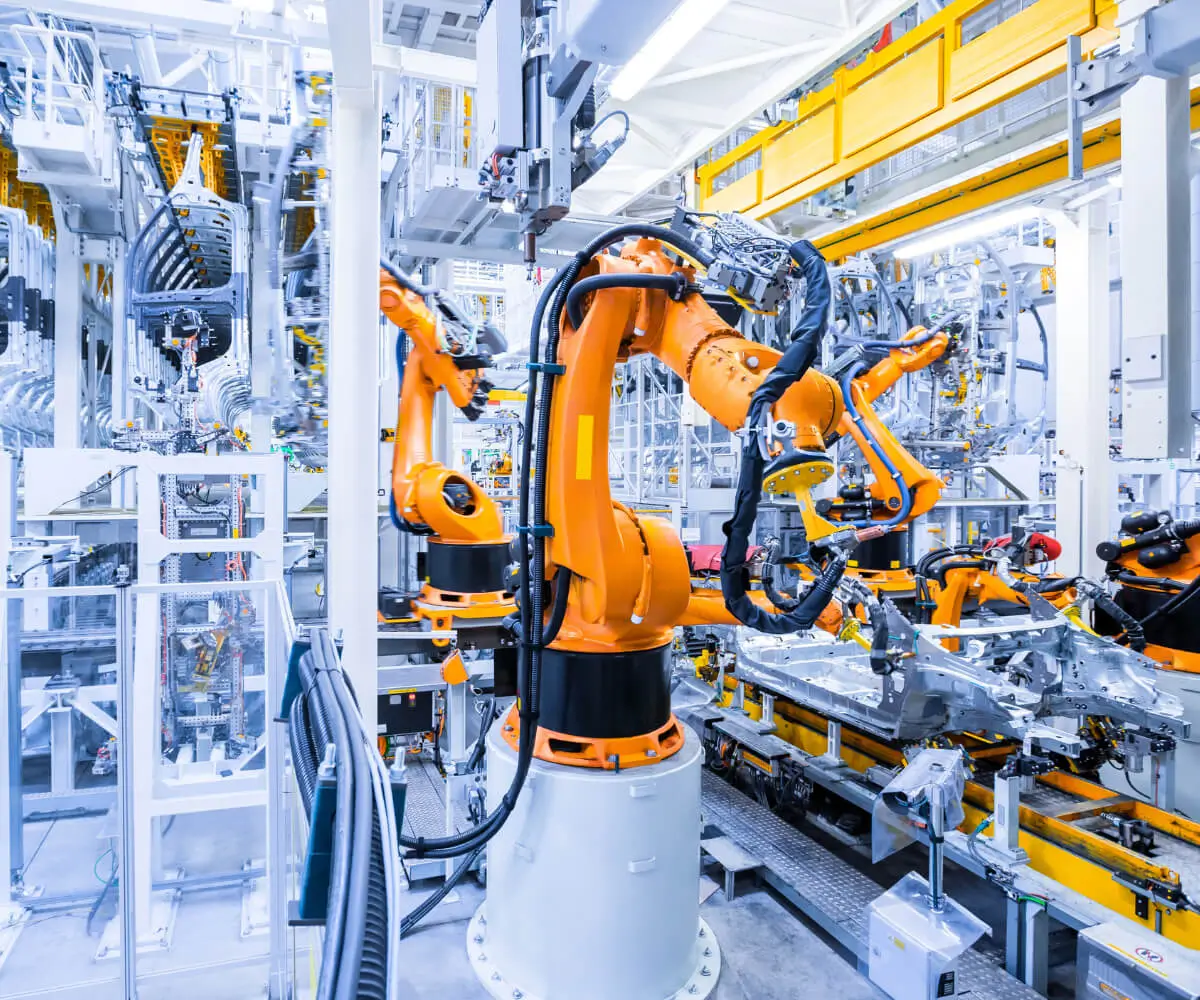Ever wonder what makes automation tick? Or why certain machines run seamlessly while others stumble? The secret often lies in the tiny powerhouse—servo motors. Now, when you’re hunting for the perfect servo motor, the big question pops up: AC or DC? Well, give me a minute, and I’ll break it down for you, no fluff, just real talk.

First up, AC servo motors — they’re like the dependable friends you count on when you need consistency. They often shine in industrial applications, where heavy-duty power and longevity matter. Think about robotic arms in car manufacturing lines—they need to work nonstop, smooth and steady. AC motors offer a simple design, less maintenance hassle, and tend to run cooler. Plus, if your setup already runs on AC power, integrating an AC servo saves some wiring headaches.
But then, there's the DC servo motors—more like the nimble athletes of the servo world. They excel in precision tasks, where quick acceleration and tight control are everything. Ever seen a drone perform perfect maneuvers or a camera pan with pinpoint accuracy? Yep, DC motors are often your go-to. They adapt faster to control signals, giving you more finesse over position and speed. The trade-off? They might need more maintenance and sometimes run hotter, especially under heavy load.
Here's a quick mental picture—imagine you’re selecting a servo for a custom 3D printer. Would you pick an AC motor, known for durability but a tad less nimble? Or a DC motor, with its quick response and high control precision? It depends on what’s more critical—long-term stability or rapid, precise movements.
And don’t forget about efficiency and control options. AC servos often work perfectly with inverter drives, smoothing out power variations effortlessly. DC servos, on the other hand, usually require a dedicated control system—more complex, but that complexity pays off when you need tight, quick adjustments.
A question that often comes up—can I switch from AC to DC if I change my mind? Not really, because they’re built differently. You need to pick the right one based on your application's needs, budget, and infrastructure.
In the end, whether you lean towards AC or DC, the goal is the same—to find that perfect match that keeps your operations running smoothly, efficiently, and precisely. Knowing the differences empowers you to make smarter choices. Sometimes, it’s not about which is better, but which fits your project like a glove. Think of it as forging a partnership, not just a purchase. Good servo motors aren’t just about power—they’re about performance, control, and reliability. That’s what makes KPOWER stand out, delivering servo solutions tailored to your specific needs.
Established in 2005, Kpower has been dedicated to a professional compact motion unit manufacturer, headquartered in Dongguan, Guangdong Province, China. Leveraging innovations in modular drive technology, Kpower integrates high-performance motors, precision reducers, and multi-protocol control systems to provide efficient and customized smart drive system solutions. Kpower has delivered professional drive system solutions to over 500 enterprise clients globally with products covering various fields such as Smart Home Systems, Automatic Electronics, Robotics, Precision Agriculture, Drones, and Industrial Automation.




































